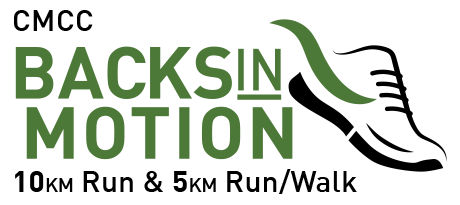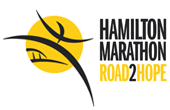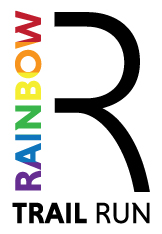What you need to know to safely cross the finish line.
Originally written in 2002, before my first marathon
Enough can’t be said of the importance of keeping properly hydrated during a training run or a race. All races, whether it is a 5km or a Marathon, have several water stations for good reason. During exercise, we lose fluids at a rate that even many seasoned athletes underestimate. On a hot summer run we can lose 2-3 liters of fluids per hour as our bodies perspire to cool our core and keep our blood flowing efficiently. Not replacing lost fluid can result in poor performance, and more importantly, hypothermia or dehydration. Signs of dehydration can be noticed in as little as ½ hour. Muscle fatigue, headaches and dizziness are all a result of not replenishing fluids affectively. The importance of proper hydration increases significantly with intense or longer runs. The American College of Sports Medicine recommends that individuals drink about 500 ml (about 17 ounces) of fluid 2 hours before exercise to promote adequate hydration and allow time for excretion of excess ingested water. During a run, fluids should be consumed at regular intervals. 4-6oz of fluids every 15-20 min. will help replace water lost through sweating. We‘re all different and some of us perspire more than others, so what works for your running partner may not be adequate for you. For runs lasting more than 1 hour or intense workouts less than an hour, it’s also important to replace glycogen stores (carbohydrates used to fuel muscles) and electrolytes ( sodium and potassium important for proper muscle function). These requirements are in addition to proper hydration. Gels provide an easy to digest solution to carbohydrate intake as well as supplying modest amounts of sodium and potassium. Drinks like Eload, GU Brew, Cytomax or Hammer Heed are all great for hydration as well as electrolyte replenishment. There are many other products on the market to help us in our quest for optimal performance. I’ve just started to use a Fuel Belt, and find the benefits enormous. I chose the 6 bottle pack and love the options I now have. Each bottle is 7oz for a total of 42oz (1200ml). I don’t always use all 6 bottles, but I expect during my marathon training this summer, they will all come in handy. I like to mix it up using 2-3 bottles for water and 2-3 bottles for a sports drink. I’ve added a gel flask to the belt that holds up to 7 servings (for when I start my ultra training… that’s not any time soon). All in all, a Fuel Belt or Nathan multi bottle belts are an easy, comfortable alternative to the single water bottle belt with options that allow for a more diverse approach to hydration.




















